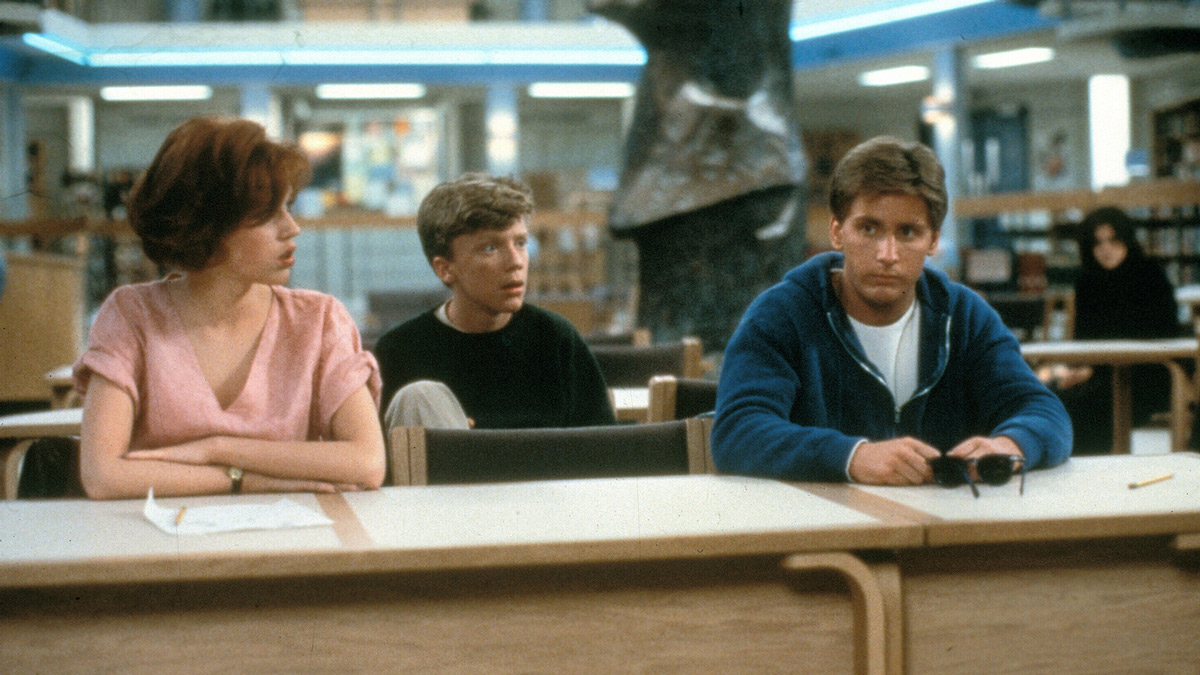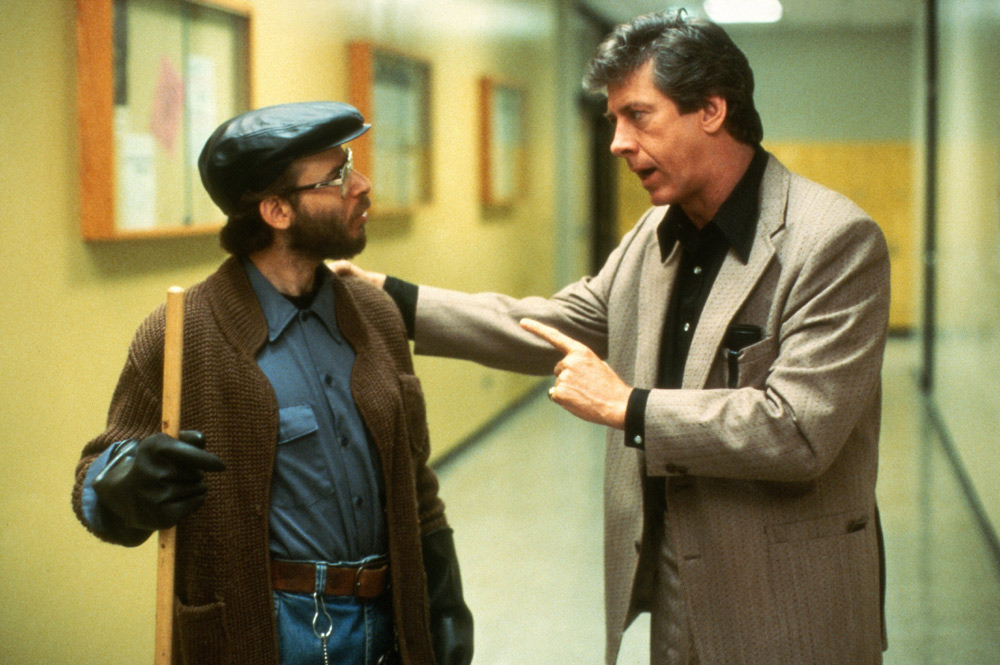
(c) Photofest / Getty Images
“The Breakfast Club” Nostalgia and resignation hidden in the work that become apparent over the years
2020.09.28
Mr. Vernon's circumstances become clearer as he becomes an adult.
The film was released in the United States in February 1985, and was later released in Japan in May 1986, but with a small release. Therefore, there must be a small number of Japanese viewers who watched the movie in real time at a movie theater. However, this work continues to be loved by movie fans.
One of the reasons for this is that it depicts the ``issues of youth'' that are universal even for today's young people. On the other hand, even if those who were once young people watch it, there are things that remain the same. This is not a nostalgia for the days when he was younger, but rather the fact that he is forced to confront the fact that he does not want to admit that he has ``changed'' as an adult.

"The Breakfast Club" (c)Photofest / Getty Images
Paul Gleason plays Mr. Vernon, who teaches and supervises the five students who are sent to school on holidays. Later, in Die Hard (1988), he played the role of a Los Angeles Police Department superintendent who refuses to listen to Detective McClane and is attacked by terrorists. If you look at the teacher's side, he is working on holidays so that students with bad behavior come to school. In the film, there is a scene where he tells Carl, a cleaning worker, that he has a small family and has children. For Mr. Vernon's family, having his father absent on holidays is nothing but a nuisance, even though it's part of his job.
However, when I first saw this movie, I had no idea about Professor Vernon's situation. Rather, they stood on the side of the five students who said, ``Teachers are the enemy of us students!'' and viewed it as an eyesore. That makes sense, because I was a high school student like the students when it was released in Japan in 1986. The conversation between Professor Vernon and Carl, the janitor, makes a lot of sense now. ``It's been 22 years since I became a teacher, and the children are getting more cocky every year,'' Carl points out to Mr. Vernon, who grumbles. "That's not true, you're the one who changes every year."

